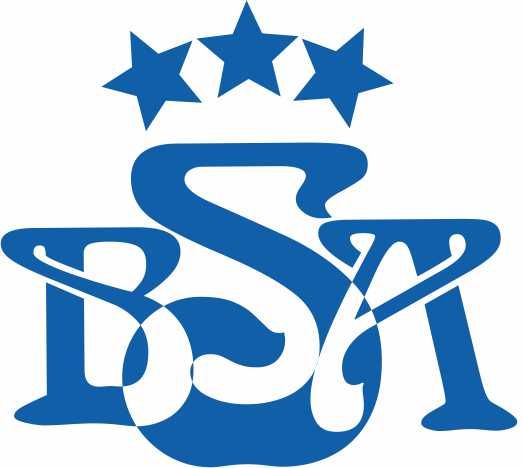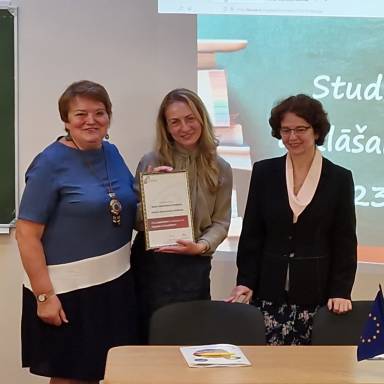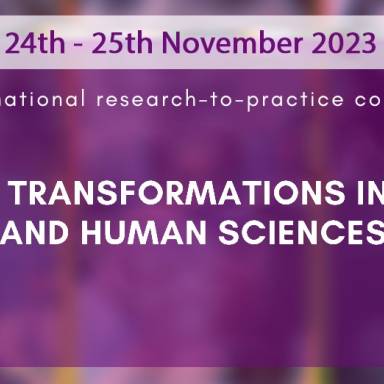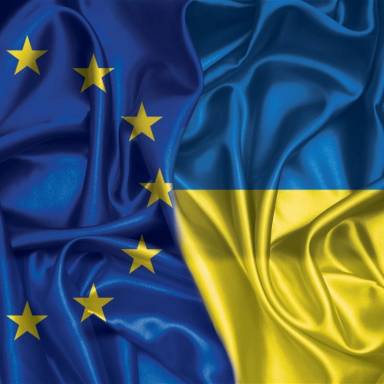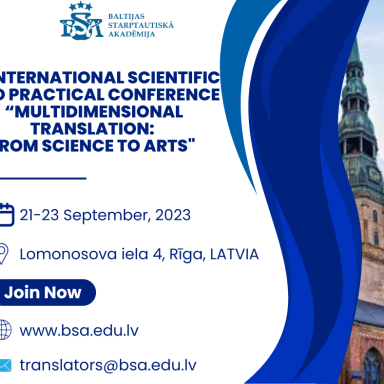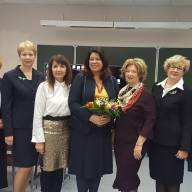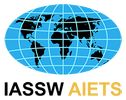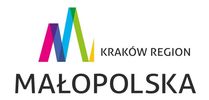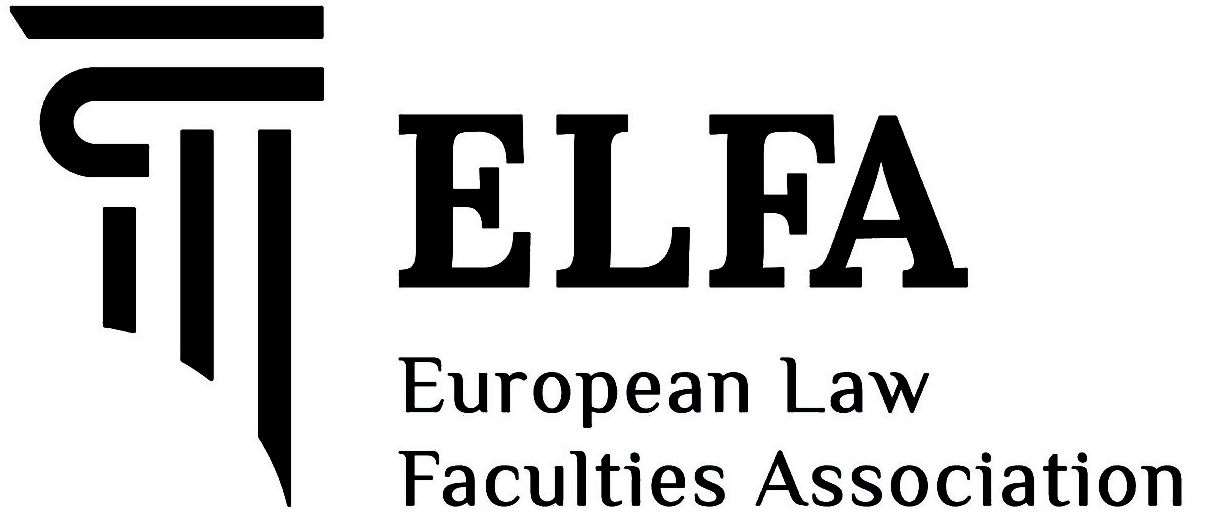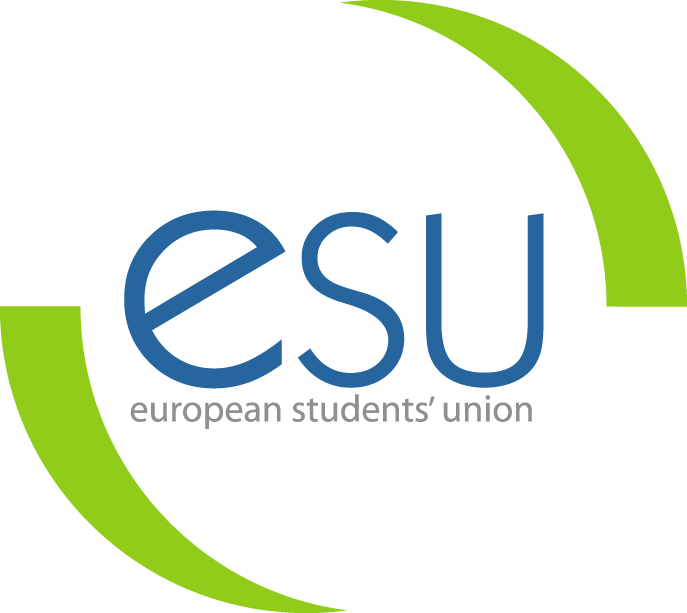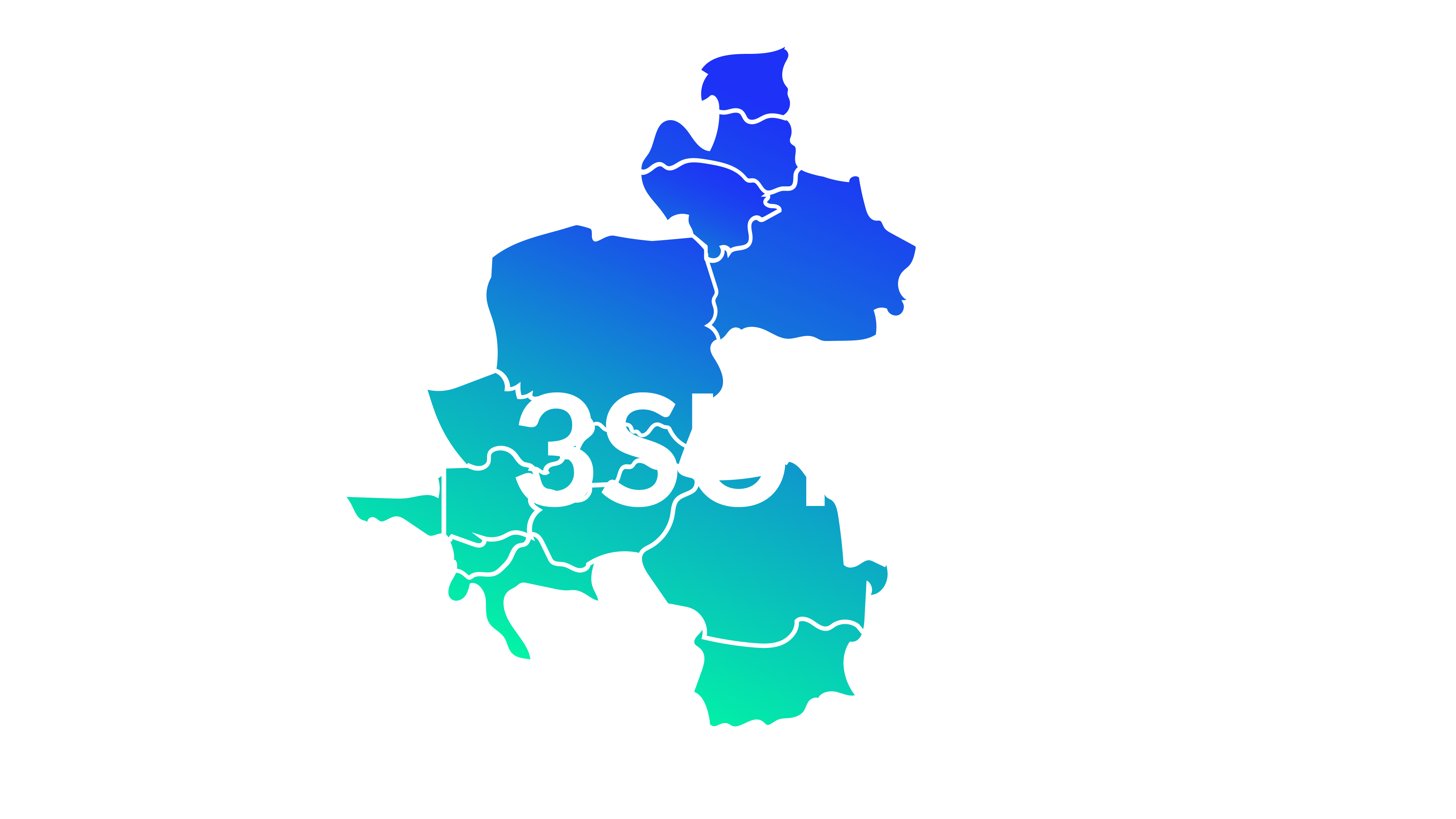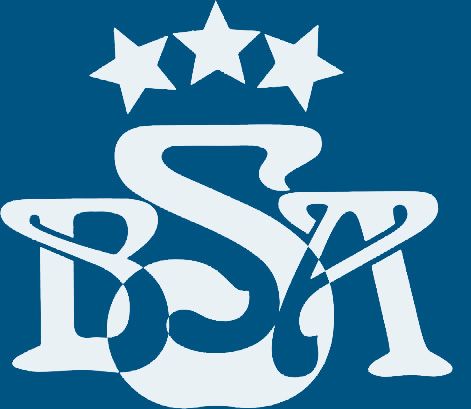Advantages of a Programme
The programme is based on the cross - “Regional Economy” and “Macroeconomics”.
Education process on Saturdays - an opportunity to combine learning and work.
Direction of in-depth study
Sector - Economy,
Sub-sector — Regional Economy, Commercial
Skills acquired
Learners have skills:
systemise and analyse the formation, development and interrelations of economic and social challenges and assess the processes in the economy, identify the economic and social challenges of the country at micro - and macro level, provide a summary; apply the theoretical and practical knowledge acquired, ensuring its competitiveness in the labour market; apply the knowledge acquired in the programme to different life and business situations. when working on a team or individually.
Career development
We are preparing highly qualified economists who can assess the economic situation in the country, making recommendations to the government and business leaders to address the challenges, forecasting trends in macroeconomic indicators and economic policies for some regions (EU, CIS and cit.).
Programme contents
The acquisition of theoretical courses and practical workshops accounts for 27% of the total doctoral credits, while the development of promotion work is 73%. The acquisition of theoretical courses and practical skills within 33 credit points represents a percentage of individual parts.
- Part A - the mandatory part for all doctoral candidates;
- Part B - the optional part according to the 3 sub-sectors of the economy selected;
- Part C - the free part.
The item modules:
- Methodology of Scientific Enquiry and Methods of the Science of Human Behaviour ( 3,5 KP ECTS);
- Econometrics and Statistics ( 3,5 KP ECTS);
- Problems of Economic Integration and Globalisation (3,5 KP ECTS);
- Economic Policy (4,5 KP ECTS);
- Regional Economiy & management (4,5 KP ECTS);
- Microeconomics (3,5 KP ECTS).
Part B of the BIA programme provides for seminars in the selected economic science sub-sectors of doctoral candidates (9 KP ECTS) as a regional economy – “Theory of regional development”, marketing – “The Economic Problems of Marketing.”, finance and credit – “The Theory and Policy of Finance and Credit” and “Foreign Language” (6 KP ECTS).
Contacts:
Assistant: Marija Tkačukova
e-mail:
Lomonosova 4, Room. 113, Rīgā
phone.: +371 67100234
Office Hours:
Tuesday 14:00-16:00
Thursday 16:00-18:00
 English
English  Latviešu
Latviešu  Русский
Русский 